The US company Virgin Galactic successfully carried out its first commercial mission on June 29, carrying four passengers into suborbital space and back to Earth.
The Unity spaceplane's first commercial flight into suborbital space. Video : Telegraph
The latest flight is a major milestone for Virgin Galactic. The flight took off from Spaceport America in New Mexico at 9:30 p.m. on June 29, Hanoi time, and reached suborbital space after 58 minutes. After a few minutes of floating at an altitude of 85.1 km, the spaceplane returned to Spaceport America and landed at 10:42 p.m. the same day.
British businessman Richard Branson founded Virgin Galactic in 2004. The company's first aircraft, the $10 million Ansari X Prize-winning SpaceShipOne, was launched in October 2024 after flying into suborbital space twice in less than a week. Virgin Galactic is building on that private vehicle with the SpaceShipTwo suborbital spaceplane. SpaceShipTwo is launched into the air via a carrier aircraft. After separating at an altitude of 15,000 meters, the plane fires its rocket motor and flies into space. Passengers on board will experience a few minutes of weightlessness and view the Earth against the black background of space before returning to the runway about 70-90 minutes after takeoff.
In December 2018, Virgin Galactic conducted test flights of the latest version of SpaceShipTwo, called VSS Unity, which can carry six passengers and two pilots. Unity continued to fly tests in February 2019, May 2021, and July 2021. Virgin Galactic then shut down Unity and the VMS Eve transport aircraft for nearly two years for maintenance and upgrades, so that the pair could be ready for commercial operations at a higher frequency. The upgraded Eve and Unity took off again on May 23, flying into suborbital space on their fifth and final test flight. Following that success, Virgin Galactic announced that the pair of aircraft were ready to carry their first passengers on a mission called Galactic 01.
Galactic 01's passengers include Italian Air Force Colonel Walter Villadei, Lieutenant Colonel Angelo Landolfi, and Pantaleone Carlucci, strategic project coordinator for the Italian National Research Council. The trio will carry a variety of scientific instruments on the flight. For example, Villadei will wear a biometric data suit that monitors how the body responds to microgravity, and Carlucci will carry a variety of body sensors for similar purposes. Landolfi will conduct experiments mixing various solids and liquids in microgravity and determine how the flight affects cognition.
The fourth passenger in the Unity cabin is Colin Bennett, Virgin Galactic's astronaut instructor, who will evaluate the flight experience of the three Italian passengers. Mike Masucci and Nicola Pecile also flew into space as commander and pilot of VSS Unity. Kelly Latimer and Jameel Janjua are the two pilots of VMS Eve.
Galactic 01 is just the first mission, if all goes according to plan. Virgin Galactic says it has already taken reservations from 800 passengers to fly on SpaceShipTwo at a price of $450,000 per seat. The second commercial flight, Galactic 02, will take place in early August.
Virgin Galactic is building a fleet of spaceplanes and transport aircraft. The new Delta-class spacecraft will be able to fly once a week. Once Delta is operational, expected in 2026, Virgin Galactic will be able to send passengers into space every day, from multiple locations around the globe.
An Khang (According to Space )
Source link


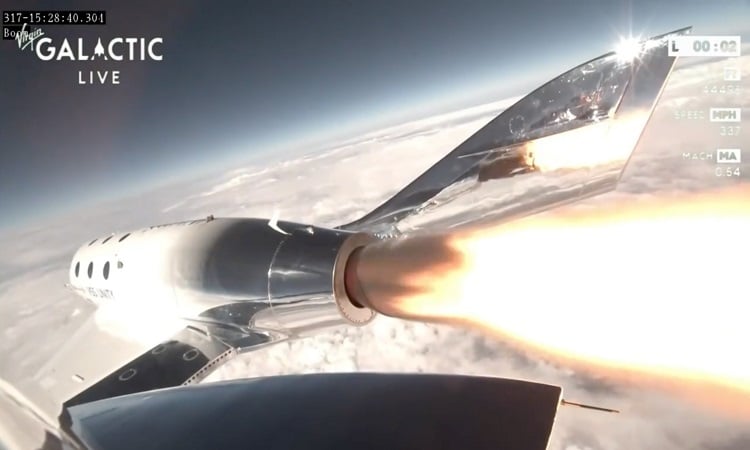

![[Photo] Hanoi morning of October 1: Prolonged flooding, people wade to work](https://vphoto.vietnam.vn/thumb/1200x675/vietnam/resource/IMAGE/2025/10/1/189be28938e3493fa26b2938efa2059e)


![[Photo] President of the Cuban National Assembly visits President Ho Chi Minh's Mausoleum](https://vphoto.vietnam.vn/thumb/1200x675/vietnam/resource/IMAGE/2025/10/1/39f1142310fc4dae9e3de4fcc9ac2ed0)
![[Photo] Keep your warehouse safe in all situations](https://vphoto.vietnam.vn/thumb/1200x675/vietnam/resource/IMAGE/2025/10/1/3eb4eceafe68497989865e7faa4e4d0e)


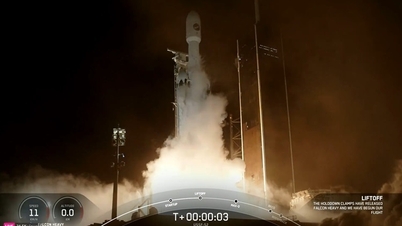

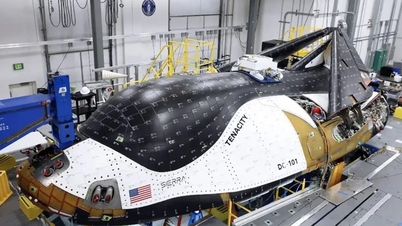
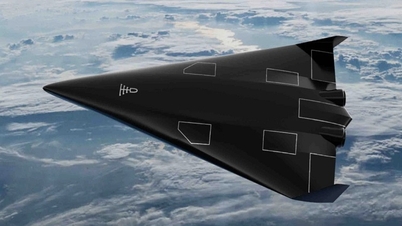
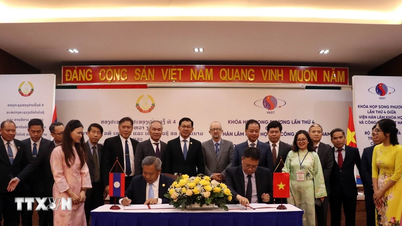

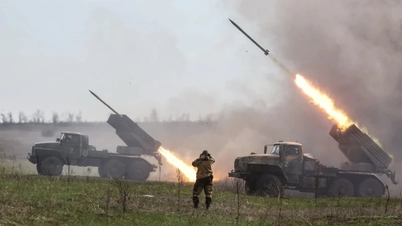

![[INFOGRAPHIC] DJI Osmo Nano Action camera, super compact, 4K 120fps recording](https://vphoto.vietnam.vn/thumb/402x226/vietnam/resource/IMAGE/2025/10/1/8408489112ee446dab897373255c827e)
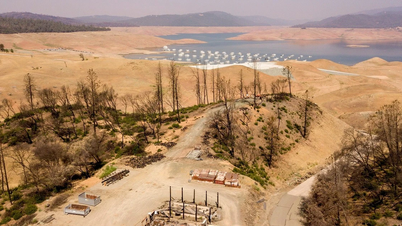
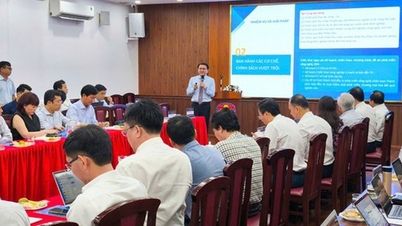

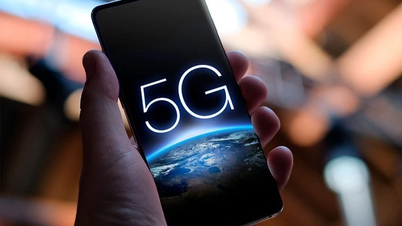










































































Comment (0)